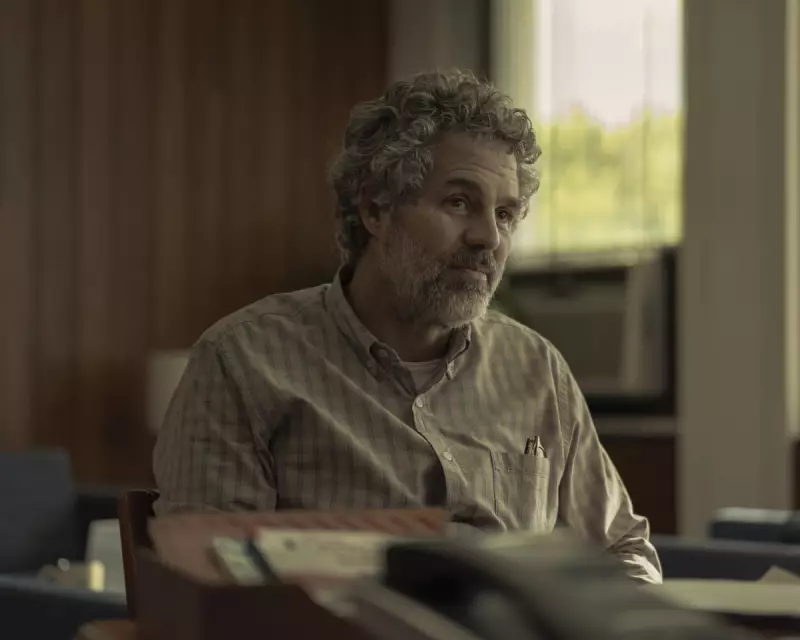
Mark Ruffalo's latest foray into television, the grim drama 'Task', is facing a wave of critical backlash for its unrelenting and arguably exploitative bleakness. The series, which premiered this week, pushes the boundaries of dark storytelling to a point some reviewers are calling downright manipulative.
The narrative centres on a father, portrayed by Ruffalo, who is grappling with a severe drug addiction. In a desperate and harrowing act, he kidnaps his own young son. The show meticulously documents their chaotic and perilous journey across the country, offering viewers a front-row seat to a nightmare of poverty, addiction, and fractured family bonds.
A Descent into Unrelenting Gloom
While the performance from Ruffalo is being noted as intensely committed, the overarching critique is that the show's misery feels calculated rather than authentic. The review argues that the series piles on trauma after trauma with no narrative respite, ultimately crossing a line into emotional manipulation. The relentless focus on human suffering, without deeper insight or nuance, leaves the audience feeling bludgeoned rather than moved.
Style Over Substance?
The production's aesthetic choices—a grim colour palette, shaky camerawork, and a sparse, ominous score—are seen as heavy-handed tools used to amplify the despair. This stylistic approach, instead of drawing viewers into the characters' world, is criticised for constantly reminding them of the director's intent to shock and disturb.
In conclusion, 'Task' is presented as a difficult watch that prioritises its bleak atmosphere over meaningful storytelling. It's a drama that asks much of its audience but, according to this review, offers little in return beyond a profound sense of discomfort, making it a hard recommendation for even the most ardent fans of gritty realism.





